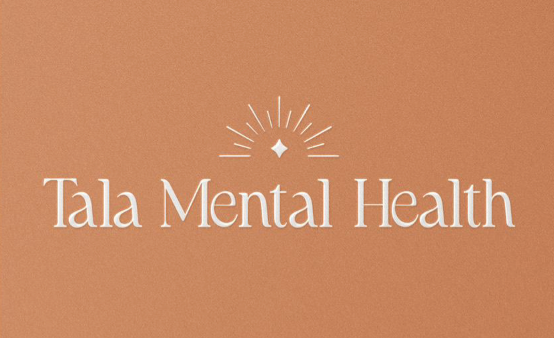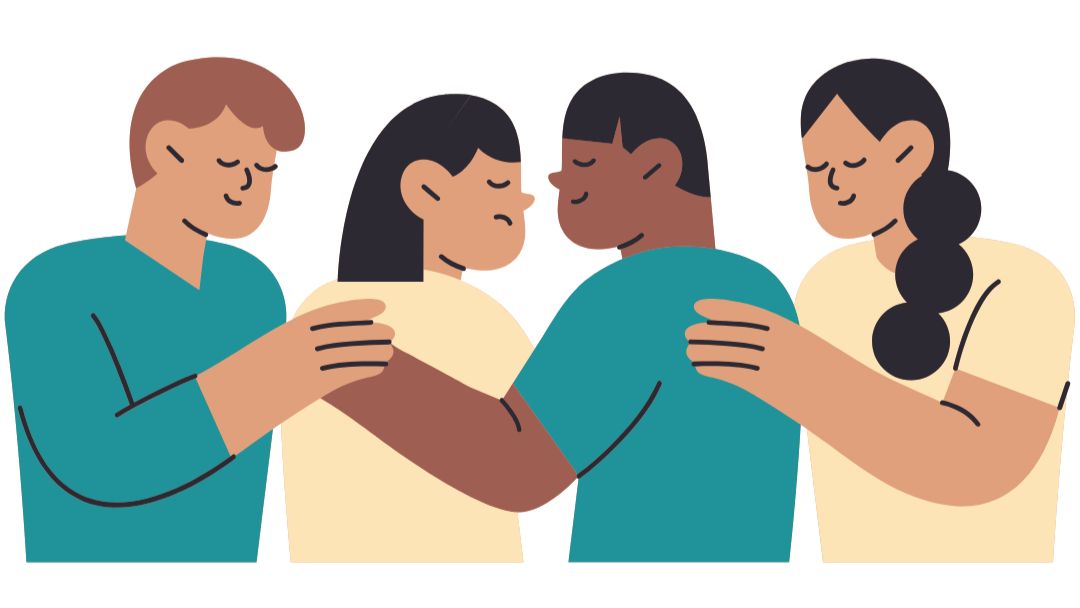Grief Rituals
A ritual is a structured, intentional activity or event to honor a special time, person or memory. In grief, it can be anything from a formal ceremony or religious practice to sharing stories about the deceased.
In the vastness of loss, a grief ritual offers us a moment of remembrance and because it’s a ritual of our choice, a sense of control. It can also be a comforting routine to continue processing the loss, address any “unfinished business,” or simply maintain bonds with the deceased.
Some grief rituals include:
- Preparing an altar/shrine
- Visiting the memorial site or other special place
- A Memory Log to write down memories as they come
- Cooking their favorite meal
- Doing an activity they enjoyed
- Gathering and sharing stories
- Create a playlist of songs you both loved
Rituals can be anything–it’s really about the intention and meaning. What are some existing and new grief rituals you participate in?
Written by Elaine Raif

We are excited to announce that we are now accepting AETNA insurance. Start by contacting us for a consultation and we can help you understand your benefits.
Enjoyed this message?
feel free to share it by clicking below



